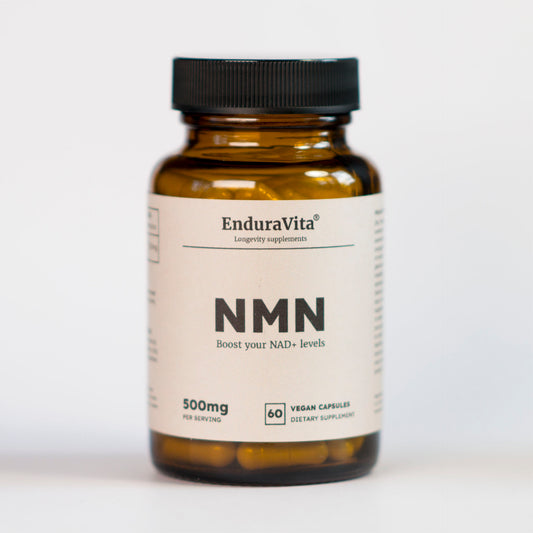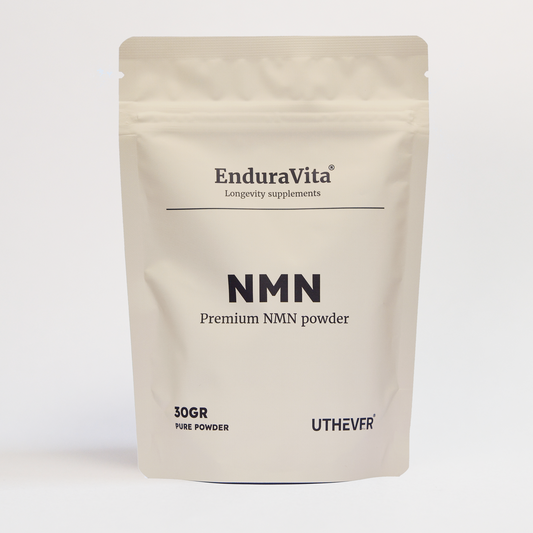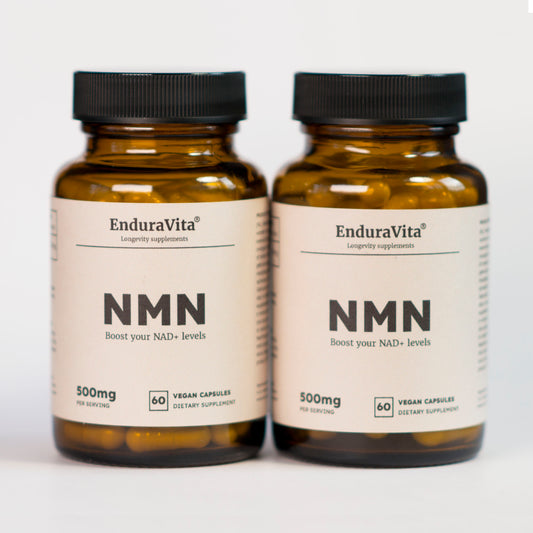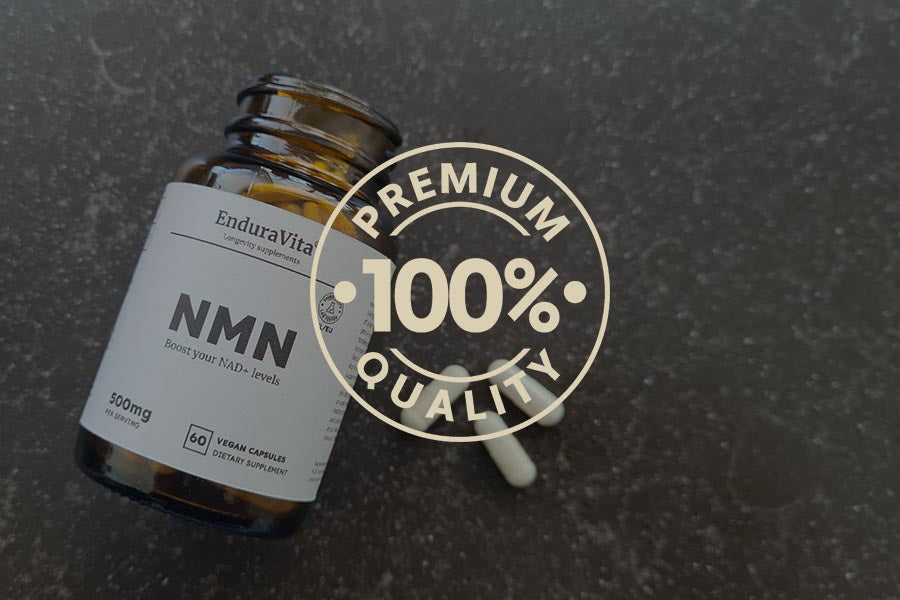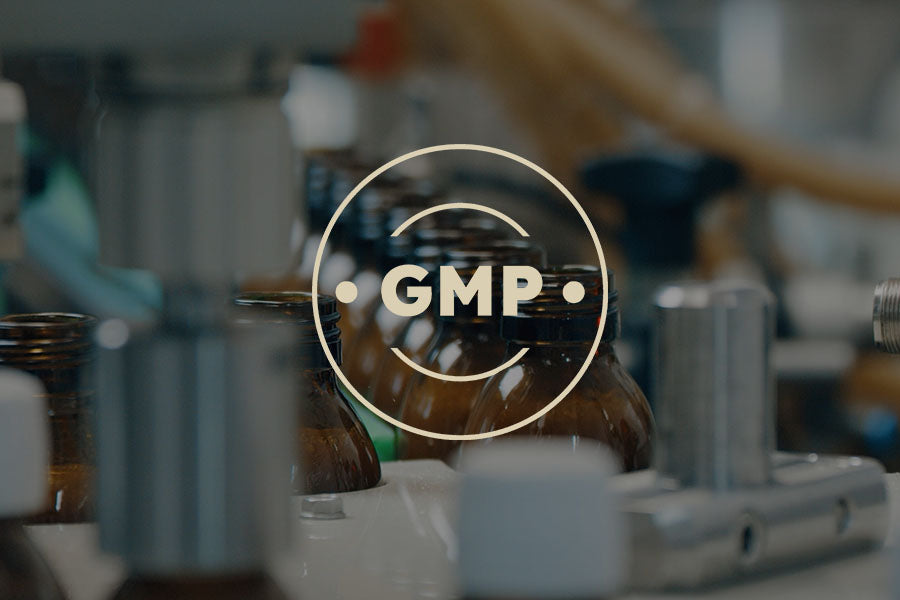
NMN Study: NMN increases NAD+ levels in adults
In February, research results were published regarding the effect of NMN on NAD+ levels. Below is a summary of the results and further background information on the study.
Taking two 500 mg NMN tablets twice daily for two weeks doubled NAD+ blood levels in middle-aged and older participants. MIB-626, a pharmaceutical-grade NMN tablet, is produced by Metro International Biotech.
Background: Recent research in animals has shown that precursors of nicotinamide adenine dinucleotide (NAD), such as nicotinamide mononucleotide (NMN) and nicotinamide riboside (NR), extend healthspan and improve some age-related conditions. However, early clinical trials of NAD precursors have yielded mixed results, and their pharmacokinetics are not yet fully understood. Here, we report the pharmacokinetics and pharmacodynamics of MIB-626, a unique microcrystalline polymorphic βNMN formulation.
Methods: In this double-blind, placebo-controlled study, 32 adults aged 55-80 years with overweight or obesity, randomly assigned in blocks and stratified by gender, were divided into three groups: once-daily 1,000 mg MIB-626, twice-daily 1,000 mg MIB-626, or placebo for 14 days. Using liquid chromatography coupled with mass spectrometry, NMN, NAD, and the NAD metabolome were measured.
Results: Participant characteristics were similar between groups. MIB-626 was well tolerated, and the number of adverse events was similar in all groups. After 14 days, NMN concentrations in the blood were significantly higher in the groups receiving MIB-626 compared to the placebo group (1.7 times and 3.7 times higher than baseline in the mean AUClast for once-daily 1,000 mg and twice-daily 1,000 mg, respectively). MIB-626 treatment was associated with significant dose-related increases in blood NAD levels. NAD metabolites in the blood were higher in participants receiving NMN on day 8 and day 14 compared to baseline. Changes in NMN or NAD levels were not related to gender, body mass index, or age. Little unchanged NMN was excreted in the urine.
Conclusion: The MIB-626 1,000 mg once-daily or twice-daily treatment regimens were safe and associated with significant dose-related increases in blood NAD levels and the NAD metabolome. These baseline data, obtained with high-quality pharmaceutical βNMN, standardized sample collection, and validated liquid chromatography coupled with mass spectrometry analyses, should facilitate the design of efficacy studies in disease conditions.

